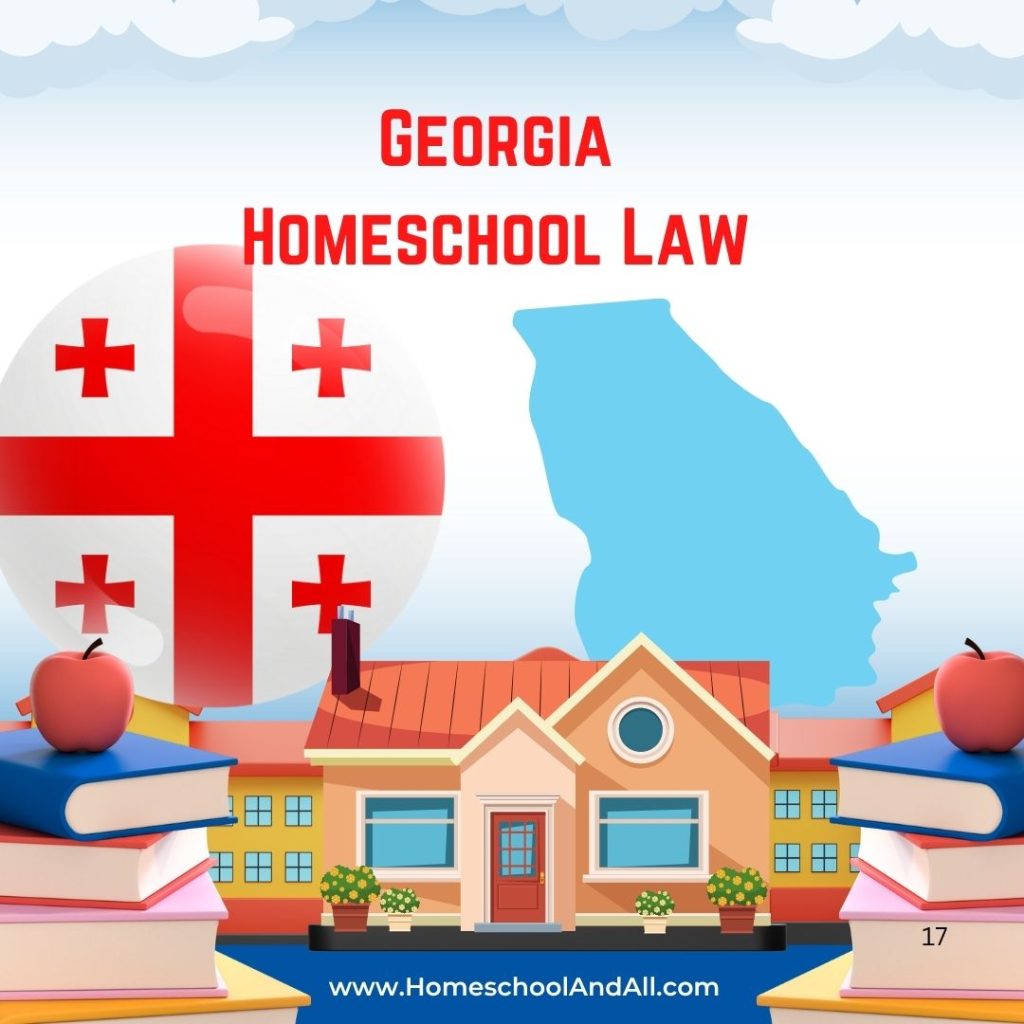First up, qualifications. You can’t just wake up one day and decide to homeschool your neighbor’s kids—sorry folks, you need to be a parent or legal guardian. And just like a good cup of coffee, your homeschooling skills need a solid base. That means a high school diploma or GED for the teaching parent or any tutor you bring aboard.
DECLARATION OF INTENT.
Next, it’s time to declare your intentions—not in love, but in education. Within 30 days of diving into homeschooling, and every year by September 1st, you need to submit a “declaration of intent” to the Georgia Department of Education. Think of it as your homeschool yearbook photo—names, ages, location, and your local school system all need to be included.
DAYS OF INSTRUCTION.
On to the nitty-gritty one hundred and eighty days of instruction. Each of those days should have at least four and a half hours of good ol’ education, unless your kiddo’s an education superhero who needs a break.
REQUIRED SUBJECTS.
Now let’s talk subjects. Your curriculum needs to be a mix-tape of classics: reading, language arts, math, social studies, and science. These subjects are your ticket to a well-rounded education!
ANNUAL REPORTS.
And don’t forget those annual progress reports. Think of them as your homeschool Oscars—you don’t have to show them off to the public, but keep them on hand for at least three years.
TESTING.
Last but not least, it’s quiz time! Every three years starting after 3rd grade, get those test papers ready. You can administer them yourself with a little help from a testing pro. And no, you don’t have to share the results with public school officials—your secret’s safe with us!
And there you have it, folks! The ins and outs of homeschooling under the homeschool statute, with a side of humor. Don’t forget to like, subscribe, and hit that notification bell for more tips, tricks. Until next time, happy homeschooling!


